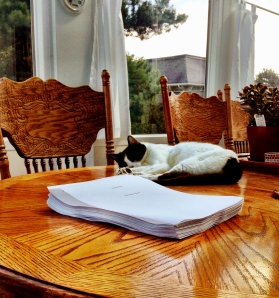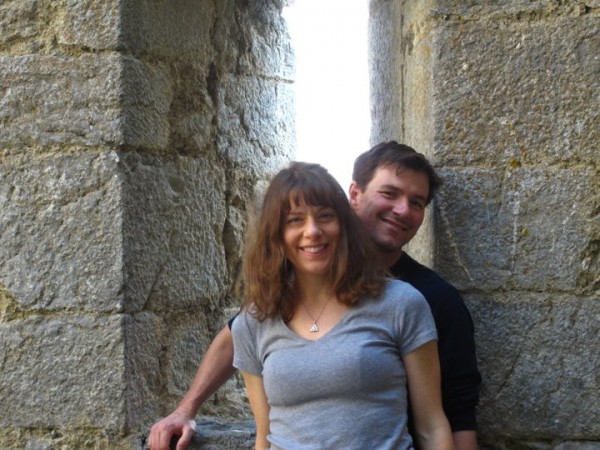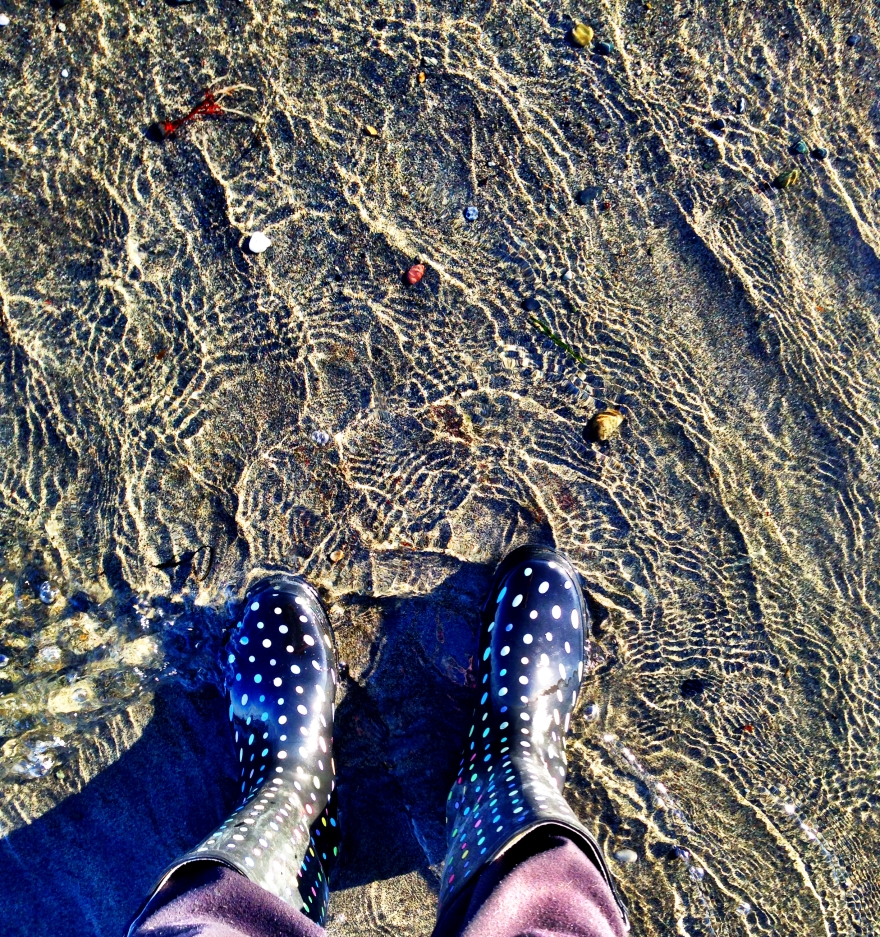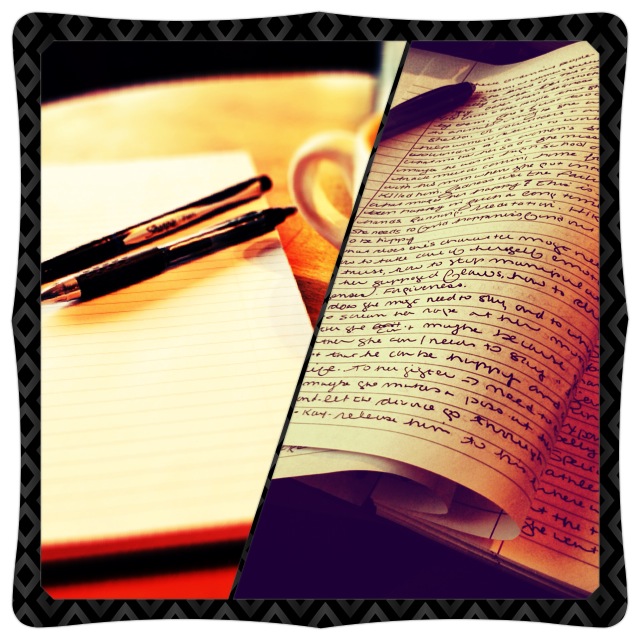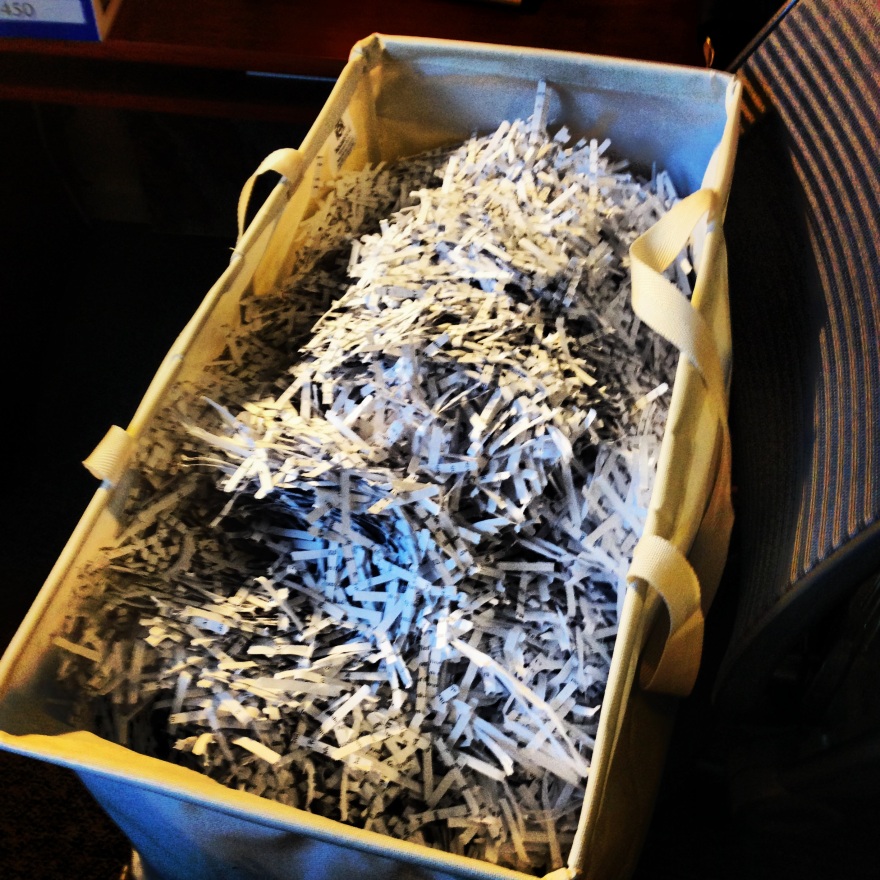“But the Hebrew word, timshel—‘Thou mayest’—that gives a choice. It might be the most important word in the world. That says the way is open. That throws it right back on a man. For if ‘Thou mayest’—it is also true that ‘Thou mayest not.” John Steinbeck, East of Eden
I'm wrestling with a decision. What's happened is a good thing. It's an opportunity. I'm not kvetching. I'm kveln. But it presents a dilemma, nevertheless. Ponder with me.
In December 2012, I applied to an MFA in Creative Writing program in Seattle, a process I chronicled here: The Things That Come in Threes. I didn't know we would be leaving Seattle three months later.
In March 2013, the week we moved, I received an acceptance to the program. Returning to the city in six months for a two-year MFA wasn't feasible and I had to say no. But I was invited to resubmit the same application for consideration for this academic year, so I did. You never know, right?
My present circumstances are no more logistically nor financially amenable to an MFA than they were last year, so when the second acceptance came through, the no had already formed on my lips. But the ante was upped. The admission offer included a scholarship that covers half the tuition. Kveln for sure. But what's Yiddish for, Ah Jeez. Now what do I do?
A couple of weeks ago I spent an afternoon-evening on campus, meeting the other Fall 2014 admits, current MFA students and faculty, attending a class, and reminding myself why this seemed like such an amazing idea eighteen months ago. I walked away inspired and excited, but after the glow wore off, I was left wondering if it still is an amazing idea. Not just this program. The whole notion of an MFA in Creative Writing.
I've been a runner for about thirteen years. I was a late starter to the sport, certain I'd be lousy at it. Then in 2001, I walked a full marathon. Or set out to. I ended up running a fair bit of it, simply to be done with the damn thing. It was November, it was Seattle, it was cold and wet and dark. I lost a toenail. My thighs were tree trunks after months of tedious training. I thought, "Never again." I started running instead.
And I got into it. Process and method float my boat, so I learned how to talk fartleks and negative splits and tapers. I plan my weeks around hill repeats, tempo, and long-distance days. I track the number of miles I put into my shoes and replace them on a regular and expensive basis. I own more running bras then the regular kind. I have a watch that cost about a third of a plane ticket to Europe.
And I raced. Mostly half-marathons, several 10ks, a smattering of 5ks, a couple of triathlons. Because that's what legit runners do. Why else would you run if you weren't in training for something—had some goal goading you on?
About three years ago, the injuries set in. Every single flipping time I trained for a race, I got hurt. And I'd race anyway. I'd have to take a few weeks or months off post-race to heal, then I'd start training for another event, wreck something, race, and start the whole stupid cycle all over again. I just couldn't seem to turn off the inner competitor, the one who said, this is what runners DO. You make training plans, you study, do the work, stick with the plan, meet your goal.
I've amassed a collection of injury-recovery resources: a boot to stretch out my plantar fascia; another boot for metatarsal stress fractures; there's a stack of PT exercises for a weak psoas and over-worked hip flexors; ice packs that conform to various parts of the body; a big foam roller for fussy IT bands; a bar that looks like one half of a set of nunchucks to roll over tight calves; custom orthotics for my high arches and to compensate for a left leg that is a blink shorter than the right.
Good God, the hell I've put my body through. Why don't I just find a different sport?
Because I love to run. And most of the time over these past thirteen years, running has been incredibly good to me. I run because it's what I do.
But I think I'm through with racing. I can't seem to train without hurting myself.
Thinking about this MFA, any MFA, makes me feel like I'm staring at a marathon training plan. I want to do it so badly, my teeth hurt. I want it because I want it. I want the badge, the medal, the plaque, the 26.2 sticker on my rear bumper (hey, I should have one of those anyway!). I want the MFA to show I had the discipline and the cojones to get through training, all the way to the main event. But I don't need an MFA to be a writer. Any more than I need a marathon finisher's shirt to prove I'm an accomplished runner.
To be a runner, I need to run. Check. To be a writer, I need to write. Check. Check. To be an author, I need to publish. Check. Check. Check. To make a living at this, I need to get paid. Alas, No Check. Okay, one small check so far.
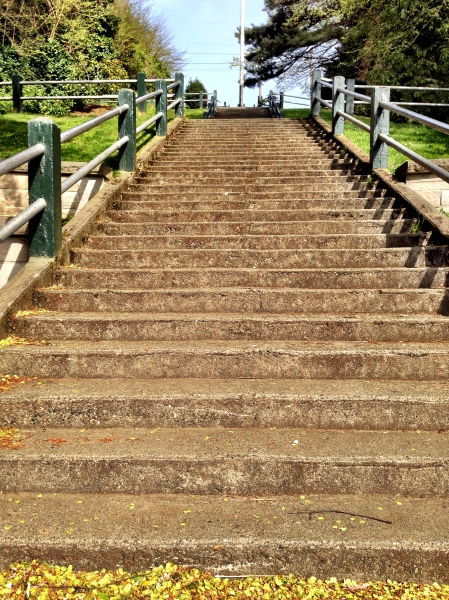
There are many important and wonderful reasons writers seek MFAs. They are the same reasons that compelled me to apply to the program, that make my heart ache to say "Yes." But for who this writer is now, none of the reasons is compelling enough to go into the kind of debt--even with a generous scholarship--that two years' tuition and living part-time in Seattle would require. None is compelling enough to pull me from the pages that I've written, to defer me from my dream and determination to see my novels published.
Last Monday, I--like thousands of runners across the country--dedicated my day's run to the Boston Marathon, to honor those killed and injured on April 15, 2013, and to support in spirit the runners setting out to fulfill a dream one year later. I intended to do my standard 5-6 miles. At some point, I decided to keep going. In the end, I ran 13.1. There was no finish line to cross, no shirt or medal to commemorate the effort, no bagels or banana or hot soup at the end. There was just my inner crazy person and my steady training to get me through a spontaneous half marathon on two cups of coffee.
I came home, propped up my weary legs, and I began to write. It was then I realized the same grit I'd used that morning to keep running was the same I've called upon to achieve my greatest dream--seeing my words reach a wider audience through publication. I've managed this far without the stamp of validation an MFA could give.
Let's see how far my legs can carry me through the ultra-marathon I started when I wrote the first words of a novel. Now that I've got two behind me, I feel I'm just getting warmed up.
Hey, thanks for helping me get this sorted. ... Timshel. Thou Mayest. And Thou Mayest Not.





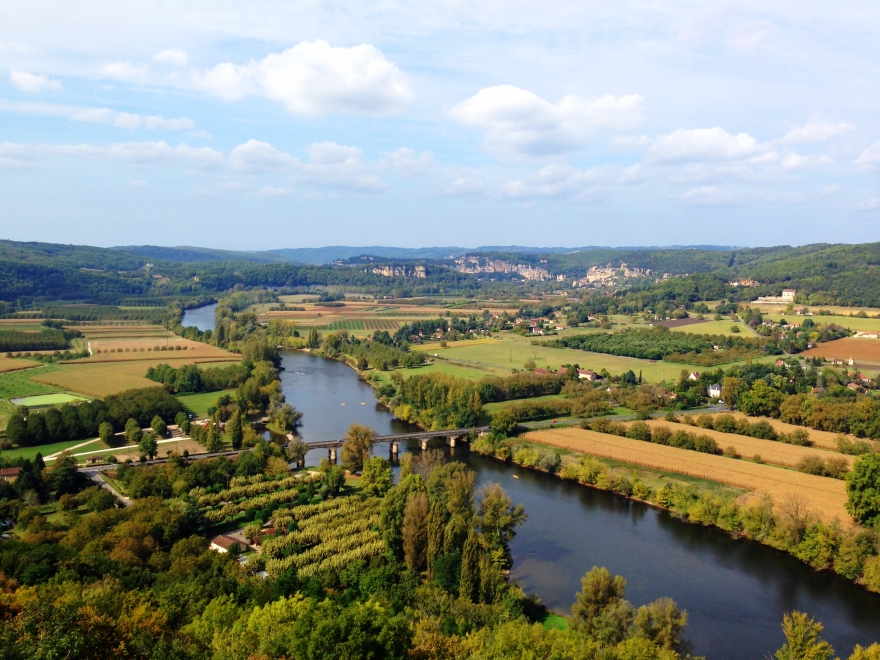


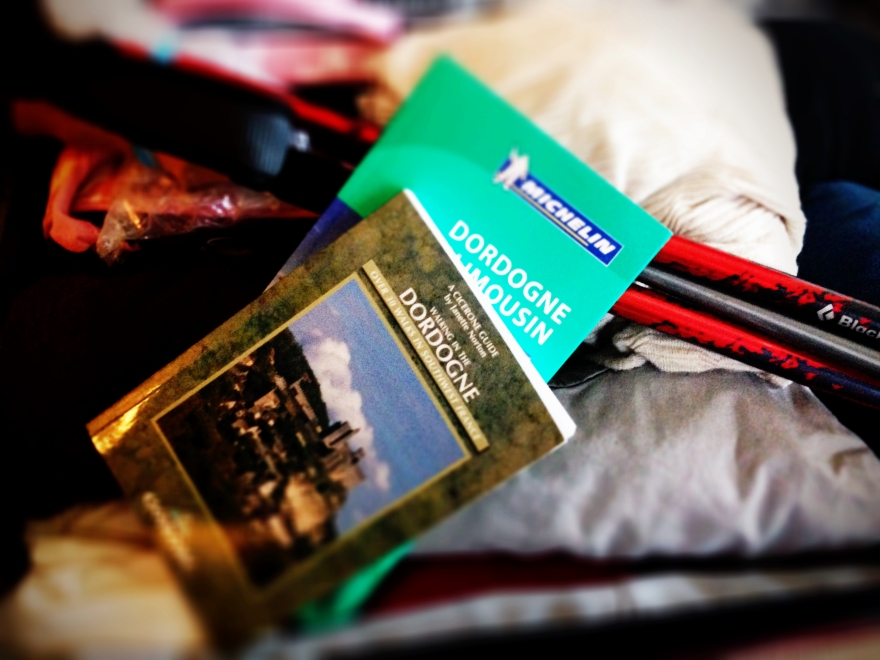
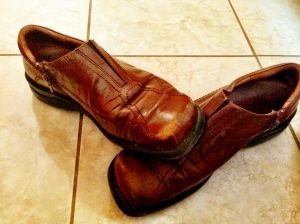
 The building collapsed in a heap of stone and brick and beams and dust in the February 2011 earthquake. These are my dressiest shoes and I reckon they’ll be around a while. But I don’t have a thing to wear with them.
The building collapsed in a heap of stone and brick and beams and dust in the February 2011 earthquake. These are my dressiest shoes and I reckon they’ll be around a while. But I don’t have a thing to wear with them.